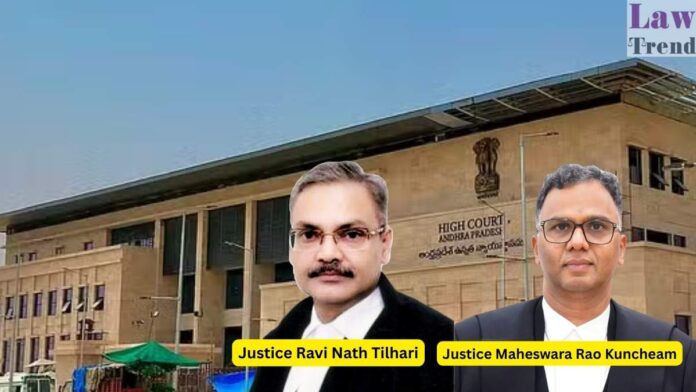The High Court of Andhra Pradesh, in a significant ruling on judicial service matters, has quashed a 2022 final seniority list of District Judges. A division bench comprising Justice Ravi Nath Tilhari and Justice Maheswara Rao Kuncheam held that for a common recruitment year, seniority must be determined by the roster points prescribed in the
To Read More Please Subscribe to VIP Membership for Unlimited Access to All the Articles, Download Available Copies of Judgments/Order, Acess to Central/State Bare Acts, Advertisement Free Content, Access to More than 4000 Legal Drafts( Readymade Editable Formats of Suits, Petitions, Writs, Legal Notices, Divorce Petitions, 138 Notices, Bail Applications etc.) in Hindi and English.




